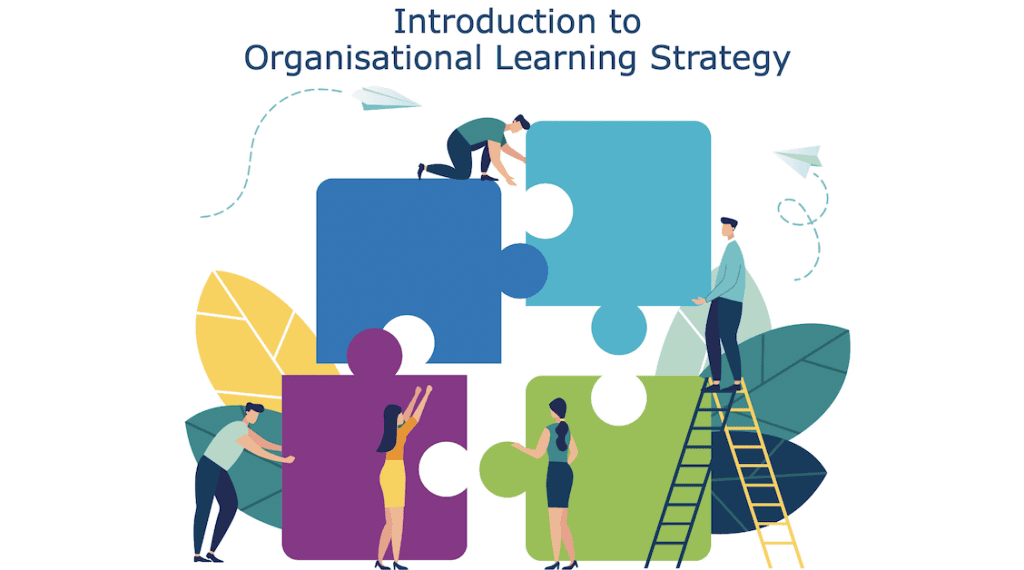Leverage the shifts you made in 2021
Some L&D teams and professionals were well-positioned to support their organisations and people adapt to the changes thrust upon them by COVID. They provide helpful examples of effective practices for the digital era, so we didn’t face the challenges of COVID without an evidence base to draw on. However, many in L&D were less prepared and had to make more significant shifts. In research undertaken by Fosway in May, 94% of L&D professionals reported that they had changed their strategy, with 2 in 3 making “significant changes to what they do and how they do it.” The early changes, during the period of fierce urgency to adapt, were largely about a move from face-to-face classrooms to digital content and virtual classrooms. As the year unfolded, many people became fatigued from prolonged periods of physical isolation and digital meeting overload. A common question for L&D then became how to create connection and belonging to support wellbeing, productivity and learning.
Regardless of the pre-COVID level of digital maturity and progress made to date by L&D teams, there is a need to leverage the shifts made in learning strategy during 2020. I have seen increased interest in how to develop and implement effective, sustainable organisational learning strategy in recent months. I expect this to continue in 2021 as L&D teams reflect on what worked well in 2020, and the opportunities created by lower cultural resistance to adopting new approaches and increased openness to technology-enabled learning approaches. 2021 is the year to work with stakeholders across the organisation to create a strategy that utilises the strengths of both digital and in-person approaches in a way that is aligned to the organisation’s context and goals.
Working with L&D teams to develop effective organisational learning strategy that suits their context and needs is a bigger proportion of my work than ever. I’m preparing to support more organisations with a new L&D Strategy Builder – a practical playbook and tools that can be used to create L&D strategy for organisations of all sizes.
Creating and demonstrating business value
Creating and demonstrating business value should always be a focus. Using business value as a guiding principle is critical for high-performing L&D teams. Shifting how they define success from learning value and metrics to business value and metrics makes L&D relevant in their organisations. It builds the reputation and credibility of L&D teams, and earns L&D leaders that ’seat at the table’ that they aspire to. For more on the difference between learning value and business value – and why it matters – I refer you to Laura Overton’s article Business Value: L&D’s bedrock of digital success and my follow-up article Crafting a digital learning strategy that creates value.

I had the privilege of delivering the opening keynote in the Learn@Work stream at the Edutech Conference in November 2020 with Laura. We spoke about driving value in the digital future of learning and work, drawing on Laura’s research-backed model of learning value versus business value (see above). Our session was informed both by Laura’s 15+ years of research as the founder of Towards Maturity, plus the conversations we had with 32 leading L&D practitioners in the Learning Uncut Emergent podcast series. Along with co-host Shannon Tipton we explored how L&D could emerge from the pandemic as stronger and more relevant than ever. Having business value as a north star is a focus is a key tenet from both bodies of research. You can explore all of the Emergent episodes and supporting resources in this curated collection.
Encouragement for L&D professionals moving into 2021
Mindset matters. It is the foundation for our behaviours. It either blocks us and holds us back or propels us forward towards our aspirations, even in the face of obstacles. Beyond the universal aspects of mindset such as optimism, pragmatic realism, and growth mindset there are some specific aspects of the L&D mindset that shape how we approach our work. The most critical of these are our beliefs about how learning and performance improvement happen, what our role is in that, and the role of the people we serve in our organisations. Hone these by developing your knowledge and expertise about learning, staying abreast of relevant research and case studies, and connecting with a network of progressive like-minded peers. To move forward with confidence and courage requires, amongst other things, a well-founded conviction about our beliefs and the value we can create. Note: This post is based on input provided to an ebook published by Jeffrey Dalto of Convergence Learning: A Guide to Learning and Development in 2021: Hear what the experts say.


